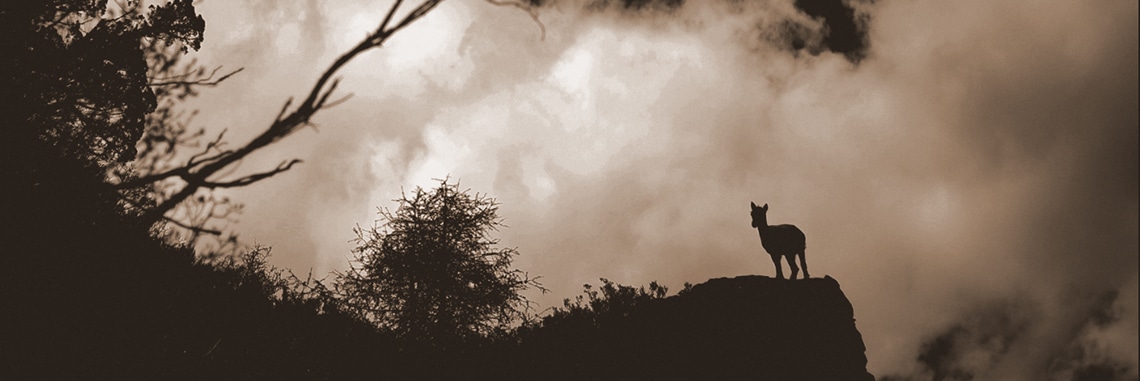
Choosing Love in a Time of Evil
Forgiving Reality and Forgiving Ourselves
Thursday, May 20, 2021
Dr. Edith Eger was just 16 years old when she was taken to Auschwitz with her family. She lost her mother and father to the gas chambers the very day they arrived, and she survived with the help and companionship of her sister. Decades later, when she began a university education in the United States, a young man handed her a copy of Viktor Frankl’s Man’s Search for Meaning. She reflects that:
[Frankl] is speaking to me. He is speaking for me. . . . I read this, which is at the very heart of Frankl’s teaching: Everything can be taken from a man but one thing: the last of the human freedoms—to choose one’s attitude in any given set of circumstances, to choose one’s own way. [1] Each moment is a choice. No matter how frustrating or boring or constraining or painful or oppressive our experience, we can always choose how we respond. And I finally begin to understand that I, too, have a choice. This realization will change my life.
In time Viktor Frankl and Edith Eger developed a friendship and he mentored her as she became a therapist, specializing in treating those suffering from PTSD. At one point, Dr. Eger was invited to return to teach in Germany, where she spent time at both a former mountain retreat of the Nazis, and the labor camp where she was held. Here she reflects on her choice to forgive Reality by forgiving herself:
The choice to accept myself as I am: human, imperfect. And the choice to be responsible for my own happiness. To forgive my flaws and reclaim my innocence. To stop asking why I deserved to survive. To function as well as I can, to commit myself to serve others, to do everything in my power to honor my parents, to see to it that they did not die in vain. To do my best, in my limited capacity, so future generations don’t experience what I did. To be useful, to be used up, to survive and to thrive so I can use every moment to make the world a better place. And to finally, finally stop running from the past. To do everything possible to redeem it, and then let it go. I can make the choice that all of us can make. I can’t ever change the past. But there is a life I can save: It is mine. The one I am living right now, this precious moment. . . .
And to the vast campus of death that consumed my parents and so very many others, to the classroom of horror that still had something sacred to teach me about how to live—that I was victimized but I’m not a victim, that I was hurt but not broken, that the soul never dies, that meaning and purpose can come from deep in the heart of what hurts us the most—I utter my final words. Goodbye, I say. And, Thank you. Thank you for life, and for the ability to finally accept the life that is.
References:
[1] Viktor E. Frankl, Man’s Search for Meaning (Beacon Press: 1959, 2006), 66.
Edith Eva Eger, The Choice: Embrace the Possible (Scribner: 2017), 155, 156, 232, 233.
Story from Our Community:
I invited Christ into my wounded places, tore down the walls, and opened my heart. He also showed me my parts in them. The anger, the control, the diminishment of others—a lot of my wounds were earned. Many of those events are in the past, and the wisdom is to not repeat those errors, to live the remainder of my life differently. I am learning that my actions need not be based on the actions of others, but on being a light to the world. I am a lamp; God’s love is the oil. —Bob L.

